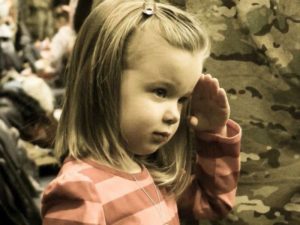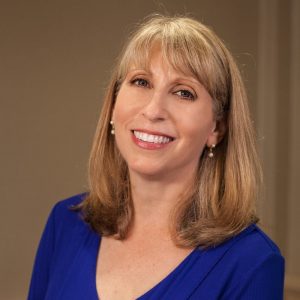by Lisa Ferentz
 Memorial Day is a time to honor and remember the extraordinarily brave men and women who sacrifice so much to help keep us safe. Many have lost their lives in battle, and countless more are wounded warriors. The notion of being a wounded warrior also extends to our work as clinicians. We bear witness to those who have survived the “battlegrounds” of toxic families-of-origin that include violence, neglect, abuse, addiction, poverty, or mental illness. We work with adult survivors who, in childhood, put themselves in harm’s way in the name of protecting someone else in their family. Clients describe scenarios of being the buffer for a sibling or helpless parent, much like a soldier running interference for a comrade. Sometimes, childhood really is a war zone, and although our clients have come through it, we can see the emotional, psychological, and cognitive “scars” and “injuries” they carry with them throughout their lives.
Memorial Day is a time to honor and remember the extraordinarily brave men and women who sacrifice so much to help keep us safe. Many have lost their lives in battle, and countless more are wounded warriors. The notion of being a wounded warrior also extends to our work as clinicians. We bear witness to those who have survived the “battlegrounds” of toxic families-of-origin that include violence, neglect, abuse, addiction, poverty, or mental illness. We work with adult survivors who, in childhood, put themselves in harm’s way in the name of protecting someone else in their family. Clients describe scenarios of being the buffer for a sibling or helpless parent, much like a soldier running interference for a comrade. Sometimes, childhood really is a war zone, and although our clients have come through it, we can see the emotional, psychological, and cognitive “scars” and “injuries” they carry with them throughout their lives.
For physically and psychologically injured men and women in the armed services, there is a wonderful organization called the “Wounded Warrior Project” that is dedicated to providing resources, programming, and support to help them and their families. One of their mantras is “the greatest casualty is being forgotten.” As mental health providers and compassionate witnesses, when we help our clients re-connect with and heal their traumatic past experiences, we are making sure that their narratives and all of the accompanying thoughts and feelings, are not forgotten. The Wounded Warrior Project seeks to produce the most “well-adjusted generation of wounded service members in our nation’s history.” I believe that as clinicians, we can accomplish the same thing in our work with traumatized clients.
Wounded warriors have injuries that can make everyday tasks exceedingly difficult. And yet, they are determined to succeed. They focus on what they still can do. They are dedicated to inspiring others, encouraging them to not give up. They feel grateful to be alive and can discover newfound gratitude and appreciation for the simple things in life. They are committed to paying it forward. There is much that we, and our clients, can learn from these men and women. The one thing that cannot be destroyed on a battlefield is courage and the determination to survive. And anything is still possible when you hold on to that.

